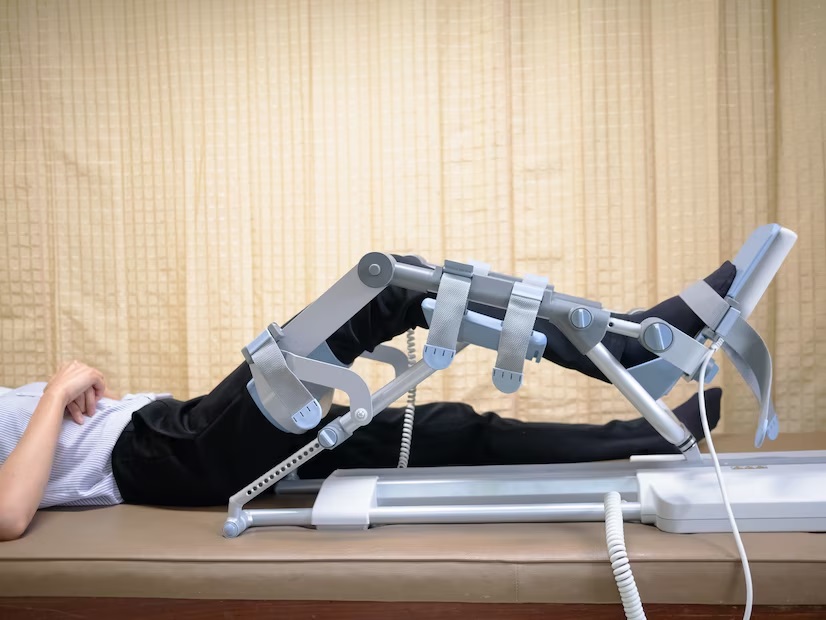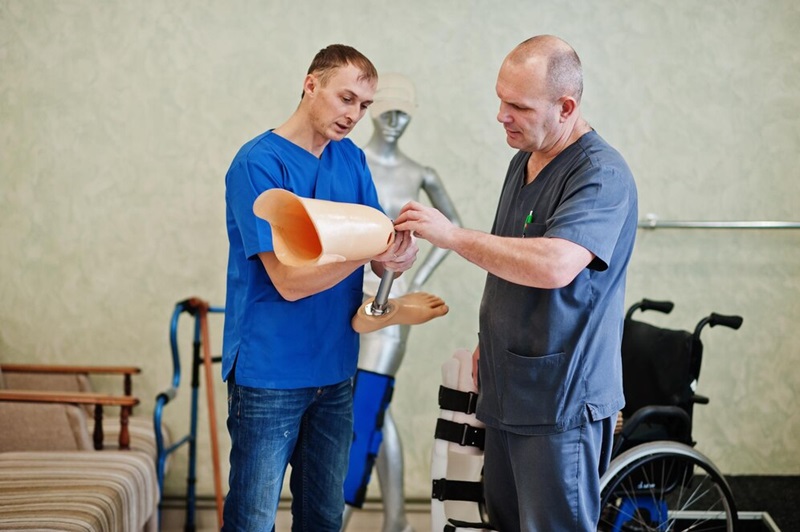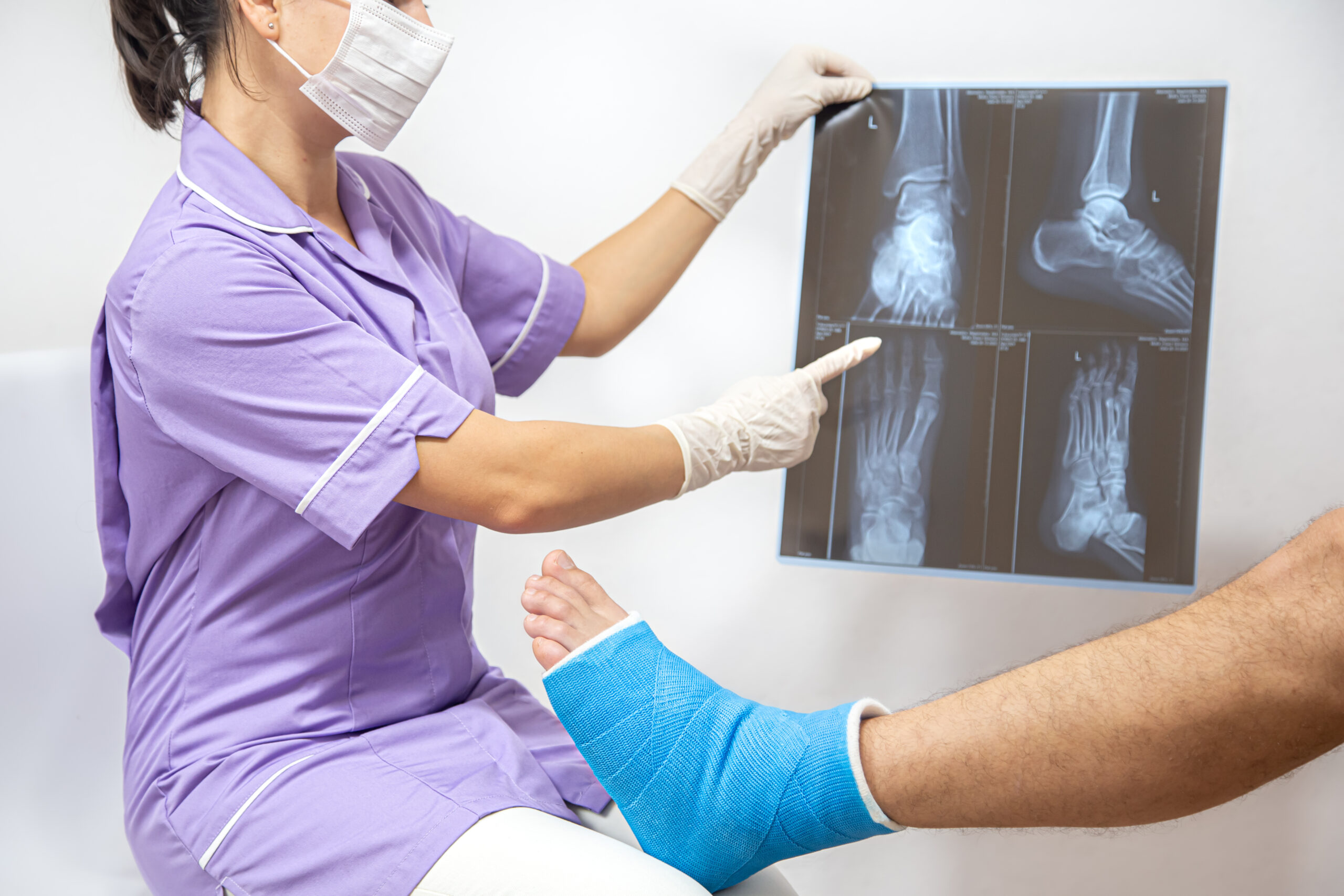Hip replacement surgery is a crucial procedure for individuals experiencing debilitating hip pain and reduced mobility due to conditions such as arthritis or injury. This surgery involves replacing the damaged hip joint with a prosthetic implant to restore function and alleviate pain.
In recent years, advancements in medical technology, like robotic knee replacement surgery in Mumbai and robotic knee replacement surgery in Thane, have revolutionized joint replacement procedures, offering enhanced precision and faster recovery times.
Understanding the symptoms that indicate the need for hip replacement, the steps to take for a successful recovery, and the activities to avoid post-surgery is essential for anyone considering this life-changing procedure.
What Is a Hip Replacement?
A hip replacement, also known as hip arthroplasty, is a surgical procedure in which a damaged hip joint is replaced with an artificial one. This procedure is typically recommended for patients with severe arthritis, fractures, or other conditions that cause chronic pain and limit mobility. The artificial joint, usually made of metal, plastic, or ceramic components, mimics the function of a natural hip joint, allowing for improved movement and reduced pain.
Symptoms Indicating the Need for Hip Replacement
Several symptoms may suggest the need for hip replacement surgery:
- Chronic Pain: Persistent pain in the hip that interferes with daily activities and does not improve with conservative treatments like medication or physical therapy.
- Reduced Mobility: Difficulty in walking, climbing stairs, or performing everyday tasks due to hip stiffness or pain.
- Joint Stiffness: A noticeable decrease in the range of motion in the hip joint.
- Swelling and Inflammation: Persistent swelling around the hip joint that does not subside with rest or treatment.
- Pain While Resting: Pain in the hip that continues even during rest or at night.
If you experience these symptoms and they significantly impact your quality of life, consult with a healthcare professional to discuss the possibility of hip replacement surgery.
How to Recuperate After Hip Replacement Surgery
Recovering from hip replacement surgery involves several stages, and following a structured rehabilitation plan is crucial for a successful outcome. Here are some key aspects of the recuperation process:
- Post-Surgery Hospital Stay: Patients typically stay in the hospital for a few days following the surgery. During this time, pain management and initial physical therapy are essential.
- Physical Therapy: Engaging in physical therapy is crucial for regaining strength and mobility in the hip. A physical therapist will guide you through exercises designed to improve movement and prevent stiffness.
- Home Care: Once discharged, it’s important to continue with prescribed exercises and follow any recommendations given by your healthcare provider. Using assistive devices like crutches or walkers can aid in mobility during the initial recovery period.
- Follow-Up Appointments: It’s crucial to see your surgeon on a regular basis to discuss any problems and track your recovery.
- Gradual Return to Activities: Gradually reintroduce daily activities and low-impact exercises, such as walking or swimming, as recommended by your healthcare provider.
What Should I Avoid After Hip Replacement Surgery?
To ensure a smooth recovery and avoid complications, it is important to adhere to certain precautions:
- Avoid High-Impact Activities: Refrain from activities that put excessive strain on the hip joint, such as running, jumping, or heavy lifting.
- Prevent Falls: Use handrails, non-slip mats, and other safety measures to prevent falls, which could damage the new hip joint.
- Limit Bending and Twisting: Avoid bending your hip more than 90 degrees or twisting your leg excessively, as this could dislocate the joint.
- Follow Medical Advice: Adhere strictly to your doctor’s recommendations regarding physical activity, medication, and lifestyle modifications.
For those considering joint replacement surgery in Mumbai or Thane, it’s worth noting the advancements in robotic knee replacement surgery. While primarily for knees, the precision and improved outcomes associated with robotic technology are promising for the future of hip replacements as well.
Robotic knee replacement surgery in Mumbai and robotic knee replacement surgery in Thane offer enhanced accuracy, reduced recovery times, and better overall patient satisfaction, highlighting the potential benefits of similar advancements in hip replacement procedures.
In Conclusion
In conclusion, hip replacement surgery is a highly effective solution for those suffering from chronic hip pain and impaired mobility due to severe joint damage. Recognizing the symptoms that necessitate this surgery, such as persistent pain, reduced mobility, and joint stiffness, is crucial for timely intervention.
The recuperation process, including physical therapy and gradual return to activities, plays a vital role in ensuring a successful recovery. Additionally, adhering to precautions like avoiding high-impact activities and preventing falls is essential for protecting the new hip joint.
With advancements in medical technology, such as robotic knee replacement surgery in Mumbai and robotic knee replacement surgery in Thane, the future of joint replacement procedures promises even greater precision and improved patient outcomes. By staying informed and following medical advice, patients can achieve significant improvements in their quality of life post-hip replacement surgery.










